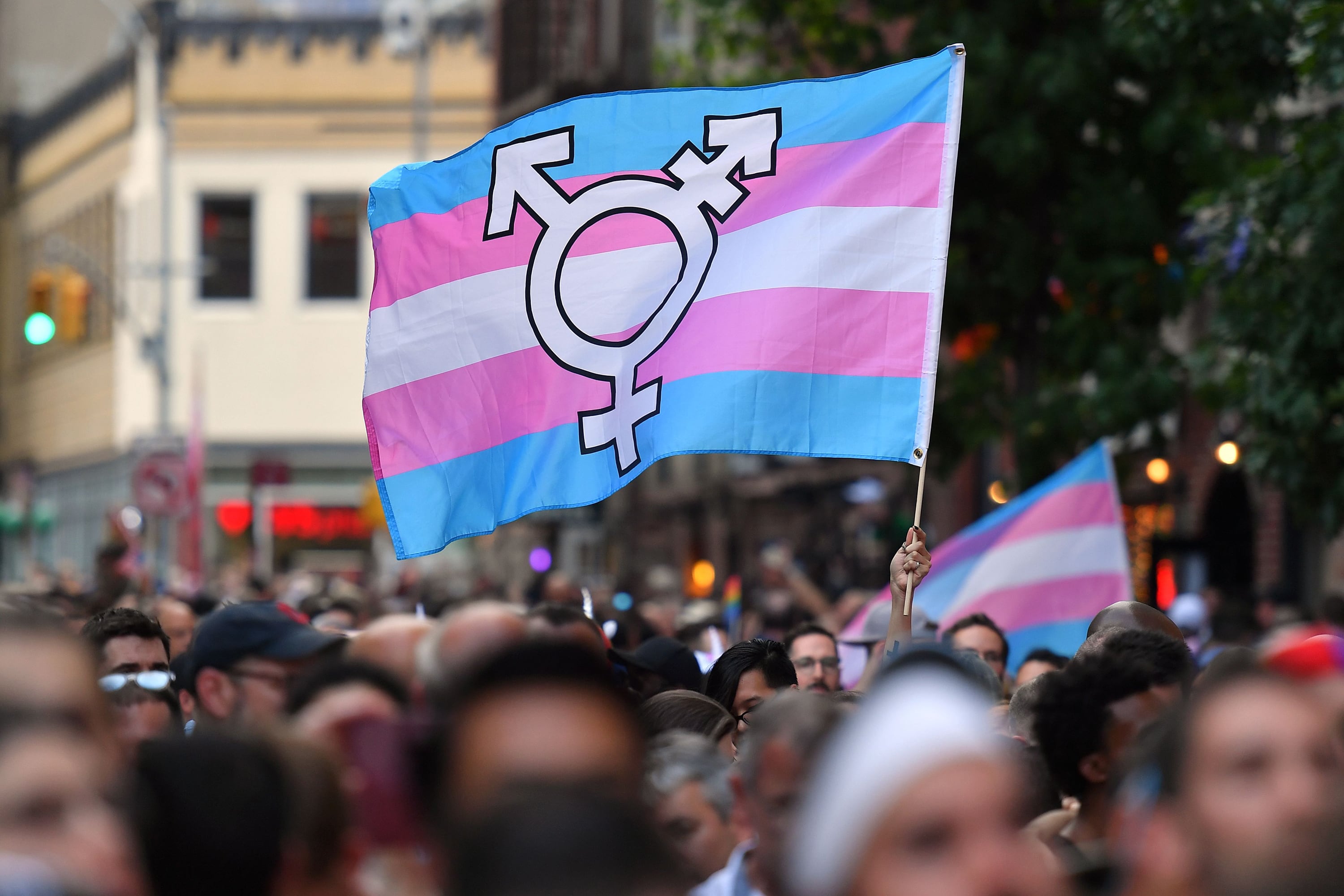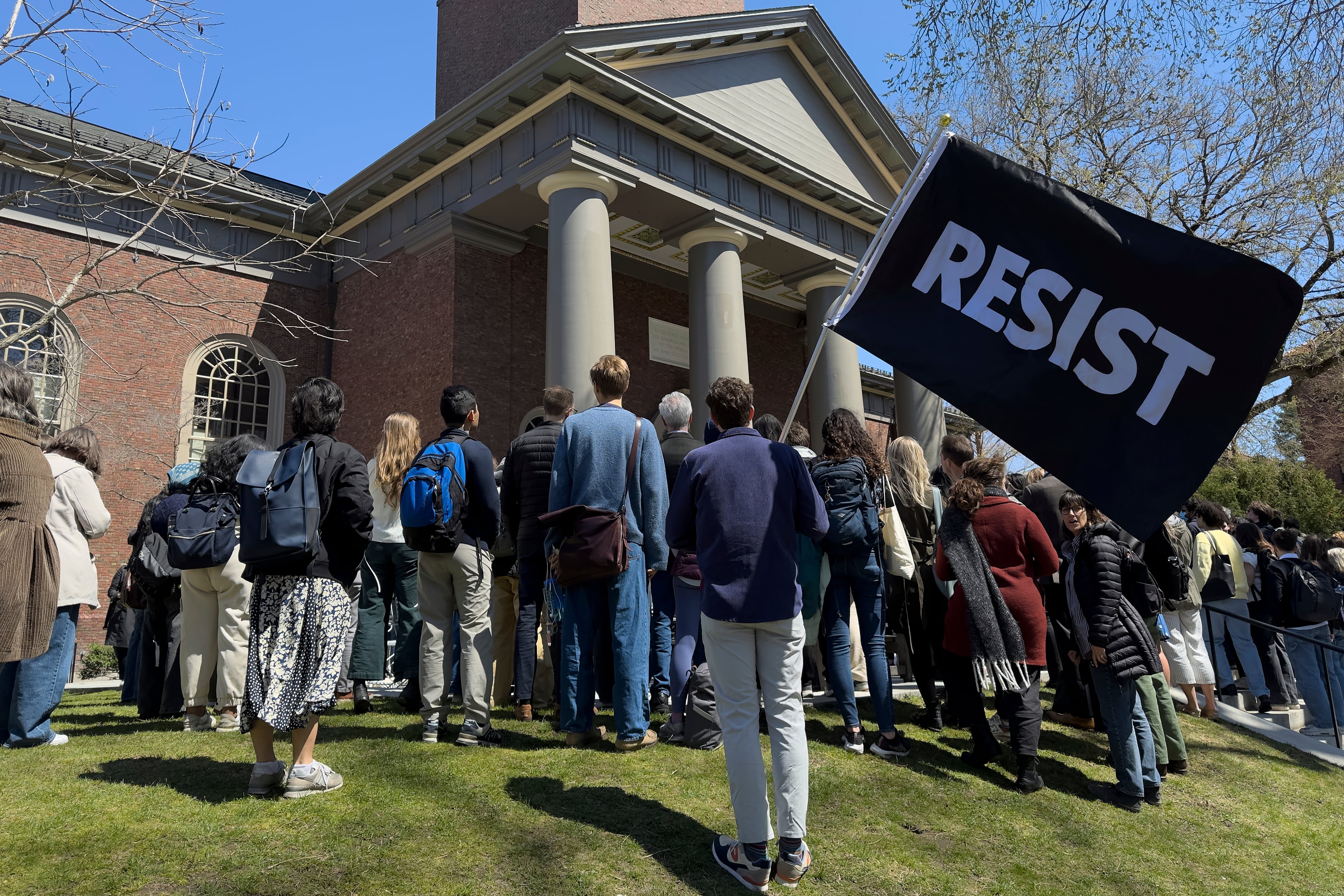The door slammed open and then quickly shut as the first sergeant stormed into my office. “Chaplain!” he exclaimed. “I just learned one of my female E3s is no longer a ‘she,’ but a ‘he.’ What the *** am I supposed to do about that?”
Another time, another office, and a young same-sex couple was close to tears because they had been informed a Strong Bonds event would have to be cancelled or rescheduled because they registered for it.
Then there was the day in class when a fellow chaplain said he was relieved that regulations meant he could avoid performing services for LGBTQI+ members as long as that was his endorser’s stance, because it gave him an easy way out of dealing with what he considered a thorny issue.
These are only some of many situations involving LGBTQI+ soldiers I’ve encountered during tenure as an Army chaplain. While the Army has made great progress in its attitude toward LGBTQI+ service members, as a chaplain, the recent memorandum from the secretary of defense promoting and protecting the human rights of lesbian, gay, bisexual, transgender, queer, and intersex persons around the world serves to remind me of the ways in which I believe the Army Chaplain Corps has failed to safeguard the wellbeing, dignity, and value of our LGBTQI+ soldiers.
There are many reasons why an individual chooses to join the Army, but all soldiers commit their lives to defending our Constitution and our country. As chaplains, we swear to provide religious support to everyone, and by doing so, increase the readiness and resilience of the Army. There is no exception in regulations or policy for a quality gradient based on a person’s faith, gender or sexual orientation. Every soldier deserves the very best support the Army Chaplain Corps can provide them — they deserve to be affirmed and their needs met as a person and as a soldier, no matter who they are or who they love.
A chaplain is at the service of all soldiers. The religious support chaplains are charged to provide is based on what a soldier defines their needs to be, not what the chaplain thinks they should (or should not) be. In that endeavor, we have often failed them. Too often, I’ve encountered chaplains who believe that their right to exist and execute their faith in the military supersedes their requirement to provide religious support to all soldiers. When the Chaplain Corps chooses to promote its support of Chaplain Corps members during the various equal opportunity observances via its official social media, but omits LGBTQI+ Pride Month, it sends a clear message throughout the Army, particularly to our LGBTQI+ Chaplain Corps members, that they are not welcome or a part of our team. It sends a clear message that it supports only part of the Department of Defense’s inclusion and diversity initiatives, choosing the religious freedoms of some of its chaplains over the needs of LGBTQI+ Chaplain Corps members and soldiers. A chaplain is not a government-paid missionary, and an individual chaplain’s right to religious freedom cannot override any soldier’s right to be valued and cared for. If it is allowed to, they cannot accomplish their mission. If it is, the Chaplain Corps has forsaken its purpose. What does it serve the Army Chaplain Corps to focus on protections for chaplains at the possible cost of its mission to care for every soldier?
The Army Chaplain Corps’ competencies are: Nurture the living, care for the wounded, and honor the dead. No mention is made of orientation because ultimately what matters is the soldier. Walking the rows at Arlington National Cemetery, no tombstone identifies its fallen hero as LGBTQI+ or otherwise. Those lying there gave their lives equally, regardless of their gender/sexual identification, and the graves waiting to be filled will welcome new heroes regardless of their orientation, as well.
Why is it that when conducting a Strong Bonds event, no Christian chaplain would turn away a Muslim soldier, even though their religions differ on some important points when it comes to relationships and the definition of marriage, yet many conservative chaplains feel relieved in either turning away non-traditional couples or refusing to conduct the event if the couple attends, even if that meant the event would need to be rescheduled or canceled for other Army families. What message does such behavior send about the value of an LGBTQI+ soldier? What importance does it place on that soldier’s faith and wellbeing? What impact do you think it has on the soldier’s readiness and resilience?
The Army Chaplain Corps often misses the mark and sends the message that LGBTQI+ soldiers are inferior to other soldiers, that they are less worthy of respect and support than even the most diametrically opposed faith, and that orientation matters more than the fact that these soldiers are willing to sacrifice everything — up to and including their lives — for our nation. It is sad that an LGBTQI+ soldier often has little-to-no confidence in how a given chaplain might respond to the first sergeant in my opening example. It is appalling that many soldiers feel they have been harmed by chaplains more than have been helped, to include other chaplains. It is horrible that any chaplain would evince a reluctance to serve and support LGBTQI+ soldiers at all.
Based upon Secretary Lloyd Austin’s memo, it is time for the Army Chaplain Corps to take a proactive approach in communicating its support for all the soldiers under its care, and to apologize to the LGBTQI+ community within the Army for its failure to firmly and clearly communicate its support for them. The Army Chaplain Corps should begin to focus recruiting efforts on accessioning chaplains who affirm and include LGBTQI+ soldiers in their ministry. Chaplain worship services should clearly identify which services are inclusive of LGBTQI+ soldiers and their families. It is time to validate and serve all those who, regardless of orientation, fight and win our nation’s wars. It is time for the Army Chaplain Corps to truly nurture the living, care for the wounded, and honor the dead by starting again and reconciling with LGBTQI+ soldiers.
Chaplain (Maj.) David A. Evans is with the District of Columbia Army National Guard.
Commentary: The opinions expressed in this article are my personal opinions and do not represent the United States Army or the District of Columbia National Guard.
Editor’s note: This is an op-ed and as such, the opinions expressed are those of the author. If you would like to respond, or have an editorial of your own you would like to submit, please contact Military Times managing editor Howard Altman, haltman@militarytimes.com.




